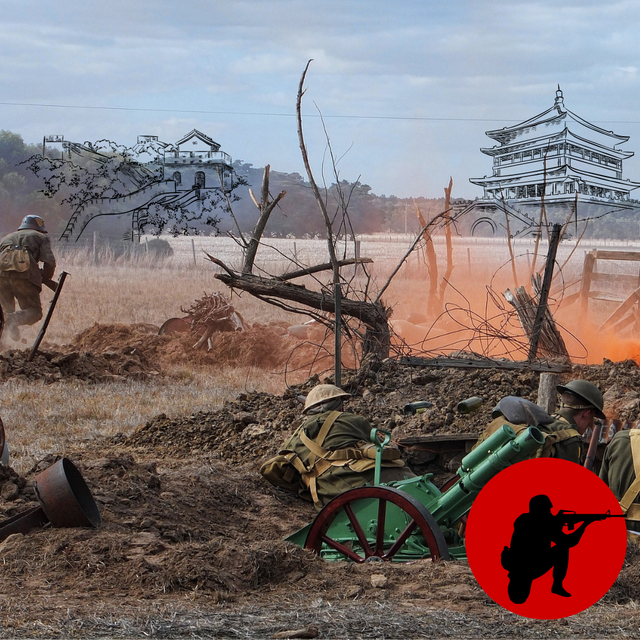The Boxer Uprising (1899-1901)

The Boxer Uprising (1899-1901) was possible due to a number of economic and social reasons. Chief among them were:
— the penetration of foreign capital into China.
— several dry years and floods on the Huanghe River in 1898.
— general social instability in Chinese society, which was caused by famine and various diseases.
The reason for the uprising was the first factor, and therefore it was primarily oriented by the Yichetians. It is important that the Chinese government initially did not support the rebels (although later changed its position), which unleashed the hands of foreign interventionists. In total, 8 states took part in the intervention against China. The most prominent were: Russia, Japan, Germany and Great Britain. Contingents of foreign troops were distributed accordingly, and then the future contributions.
At the initial stage of suppressing the uprising, the coalition troops did not engage in open battles with the rebels, but demonstrated their own superiority (conducted amphibious operations, guarded embassies, conducted demonstration maneuvers by the fleet). Over time, due to the hostility between the coalition forces, the intervention measures became tougher, and therefore led to more active resistance from the insurgents.
The most significant battles were:
Battle of Beitzan, where coalition forces lost the most of their own fighters.
The capture of Beijing (August 14, 1900), during which a large number of Chinese were killed.
Also during this intervention, plans for Russia's claims to the Chinese territory - Manchuria were clearly outlined.
After the capture of Beijing, China and the rebels surrendered, but the flywheel of punitive actions and intimidation continued for some time. Later, reparations were also imposed on China.